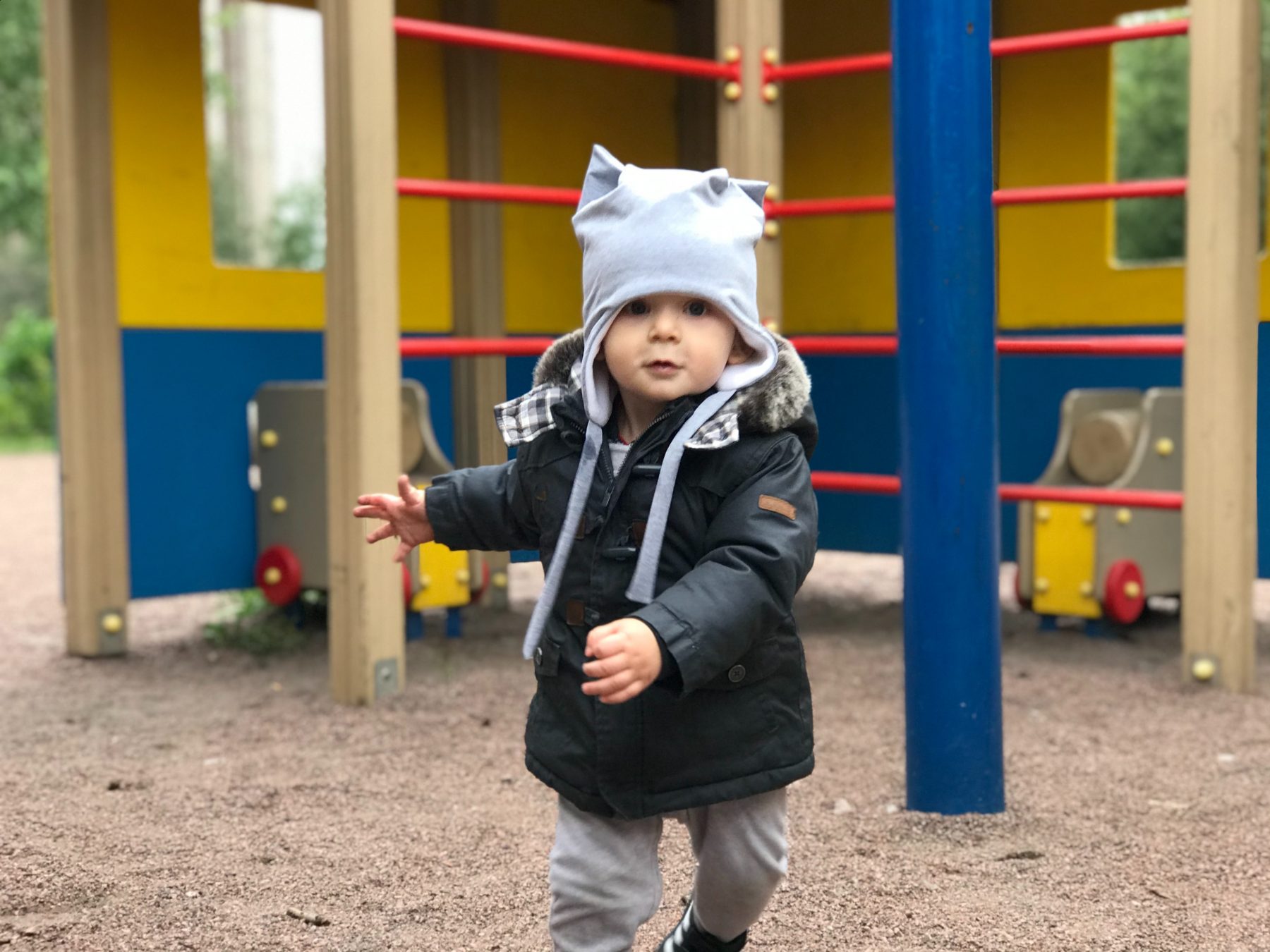Starting kindergarten gives children later in life benefits, Canadian research says

Entering kindergarten well prepared will give children many benefits later in life, researchers from the University of Montreal and the University of Sainte-Anne have found, and lowers long term social costs.
“We have known for years that a good start in kindergarten leads to better long-term academic results,” Caroline Fitzpatrick, assistant professor of psychology at Université Sainte-Anne and senior author of the study said.
Thanks to this study, authors can now categorically say that the skills learned in early childhood “help us to be successful and adopt a healthier lifestyle as we reach adulthood. This is promising for society as a whole.”
The study was published today in the journal Pediatrics.
Professor Linda Pagani said many children start kindergarten unprepared for classroom instruction, and as such, are at risk of experiencing learning difficulties throughout their studies.
“They arrive in kindergarten without the necessary background of cognitive skills, social skills and motor skills resulting from physical activity,” she said.
Researchers examined associations between kindergarten readiness and the academic, psychological, and health risks that manifest at the end of high school, finding that kindergarten math skills contribute to better academic results at the end of high school and a reduced risk of dropping out. This observation is corroborated by the observations of teachers, who also note a reduced risk of alcohol or drug abuse,” Ms. Fitzpatrick explained.
Academic engagement in kindergarten also predicts the practice of physical activity, and a 65 per cent decrease in the risk of being overweight by age 17.
To reach their findings, the researchers studied data from the Institut de la statistique du Québec on a cohort of 2,000 children born in 1997 and 1998 who were part of the Longitudinal Study of Child Development in Quebec.
Specially trained examiners assessed the number knowledge and vocabulary comprehension of five-year-olds, with teachers having reported on children’s participation in class, including how they performed tasks, followed instructions, and collaborated with other children.
At age 17, participants were asked to indicate their level of education, sense of belonging to their institution, whether or not they had abused drugs or alcohol, whether they engaged in physical activity, as well as their height, size and weight.
The risk of dropping out was also assessed in each participant based on grade repetitions and school engagement. The researchers then analyzed the data to identify any notable links between kindergarten readiness and the academic, psychological and health risks faced by youth between kindergarten and the end of high school.
They attempted to eliminate possible confounding factors by taking into account key factors in children (sex, weight at gestational age, non-verbal intelligence quotient and internalization and externalization of behaviors) and in the family (parental involvement, maternal depression, immigrant status, family configuration and socioeconomic status).
“Preparing young children for kindergarten heralds the development of a ‘protection zone’ as they enter adulthood and suggests that young people who start school well prepared have better lifestyles,” says Ms Fitzpatrick said.
“Our observations show us that it is possible to eliminate the link between school failure and illness by providing children with conditions that will promote their preparation for kindergarten.”
“The promotion of preparation for kindergarten seems, in the long term, to contribute to a reduction in the risks associated with the lifestyle caused by dropping out of school. Therefore, policies to promote and preserve children’s early skills, for example by providing them with a stimulating daycare environment and a peaceful family environment, could represent a viable strategy for governments,” Professor Pagani said.
To access the study in full, please see here.
Popular

Practice
Policy
Provider
Quality
Workforce
OSHC convicted over serious breaches in supervision and safety obligations
2025-11-10 06:44:22
by Fiona Alston

Policy
Quality
Provider
Workforce
Reforms now in force across NSW early learning sector
2025-11-07 08:41:56
by Fiona Alston

Provider
Economics
Quality
Workforce
Embark Early Education moves on Mayfield: What the takeover means
2025-11-10 08:22:20
by Fiona Alston
















